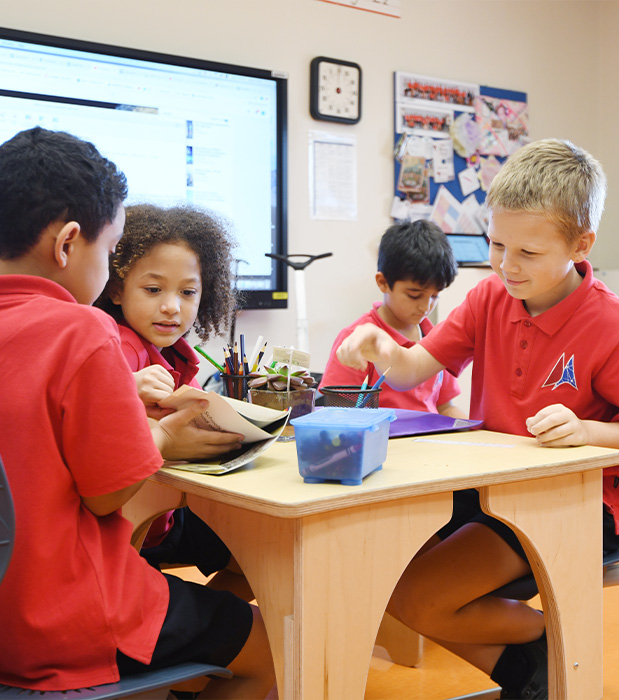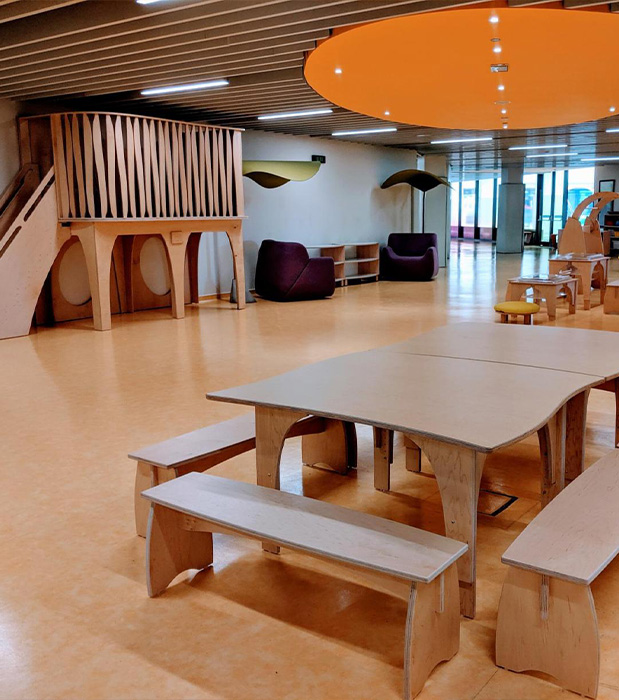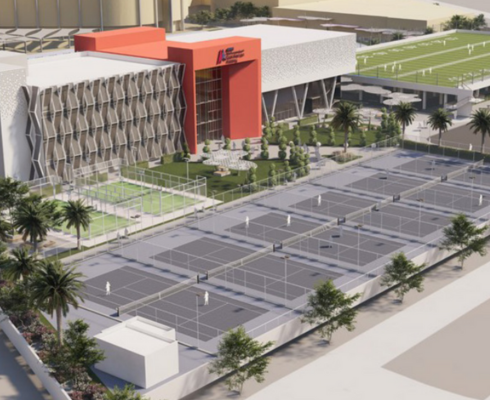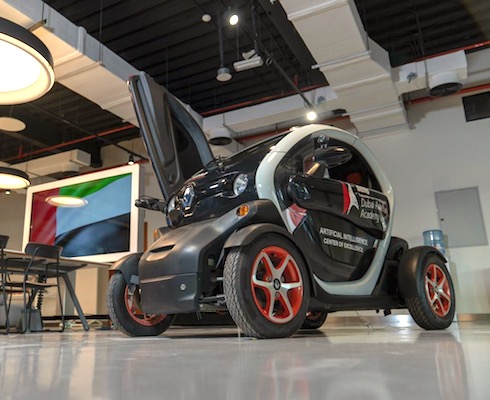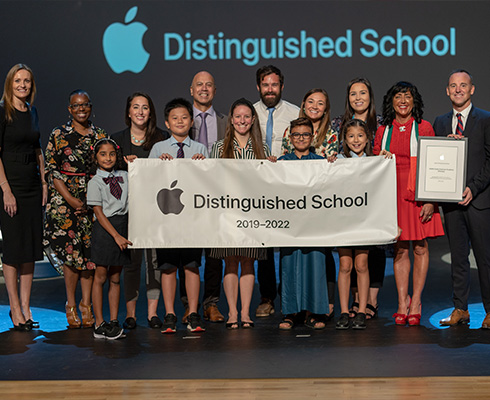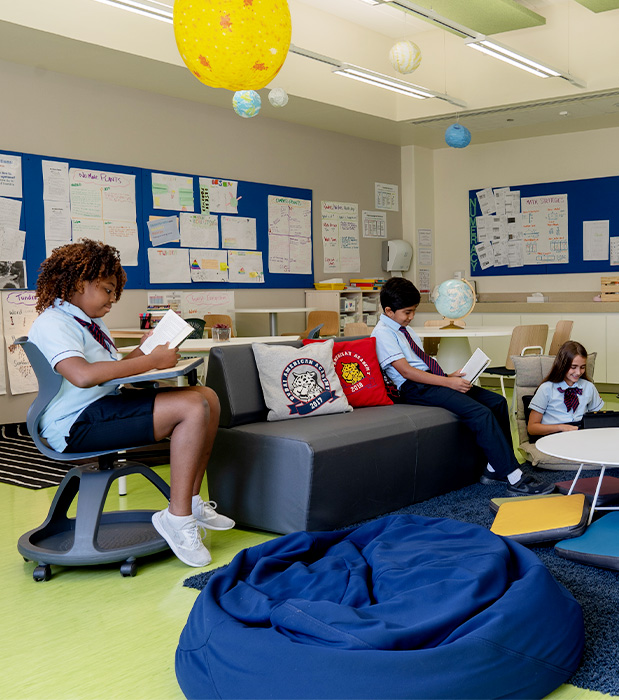
Transformative Learning and Teaching Spaces
DAA elementary classrooms were recently transformed into flexible classroom spaces to support the personalized learning of our students. In our ever-changing world, the school, as an institution, is also evolving. DAA explored the concept of micro-environments earlier in our spring session, and after a successful pilot run in two classrooms, we implemented it across the elementary school for 2019-20.
Inspired by future-focused learning
The concept of micro-environments in classrooms is based on the notion of interactive learning environments (ILEs), where students can move around freely, apply themselves, connect with a diverse group of peers and take ownership of their learning. It is our earnest belief that a learning ecosystem should reckon with the child’s needs in order to encourage critical thought, creativity and collaboration. To nurture creators, designers and leaders of the future, we, who were once students ourselves, recognize the need to refine how learning happens and, most importantly, where it happens.
We source our inspiration from MNCs, tech startups and modern enterprises, who are redesigning workspaces with the recognition of the influence a space has on a person’s creativity and productivity levels. Rather than homogenous classrooms, students can sit or stand at the tall table (Watchtower) if they wish, use a single desk (Office), or collaborate with others in our shared spaces (Campfire and Watering Hole).
The micro-environments are designed to cater to the changing needs of students throughout the day, and add to their overall socio-emotional development. As process-driven learners, we aspire to be at the forefront of future-focused learning and teaching. We will continue to explore new concepts and adapt them based on relevance and applicability.
Natural Pod, a furniture company from Canada with a mission to make durable products to foster creativity and innovation in learning spaces, is working with DAA as part of the initiative. The Vancouver Island-based company is committed to ethical sourcing of materials and manufacturing long-lasting, recyclable and 100% compostable furniture. DAA is also working with Dubai-based social enterprise ENABLE, which empowers people with cognitive disabilities to achieve financial sustainability through entrepreneurial development.
The impact
“The Green power experience was amazing from start to finish. We started building the car back in October and it has been amazing to see how much progress has been made and how our car has transformed to a race winner. We are excited to come back next year with an even faster car,” said Fadi Kazk of The Leopards team.
“Overall, building the car was a very valuable experience due to the personal experience with electrical engineering and all the nuances needed in construction. Additionally, plenty of experience was gained in terms of strategy during the actual race and coming up with a gameplan,” said fellow teammate Julian Decrauzat.
The redesign gave teachers insights into each student’s unique learning needs, enabling them to take a personalized approach. As an enabler of collaboration, the redesign is also better suited for project-based learning. The micro-environment approach has shown promising results, with both learning and teaching facilitated by the change.

